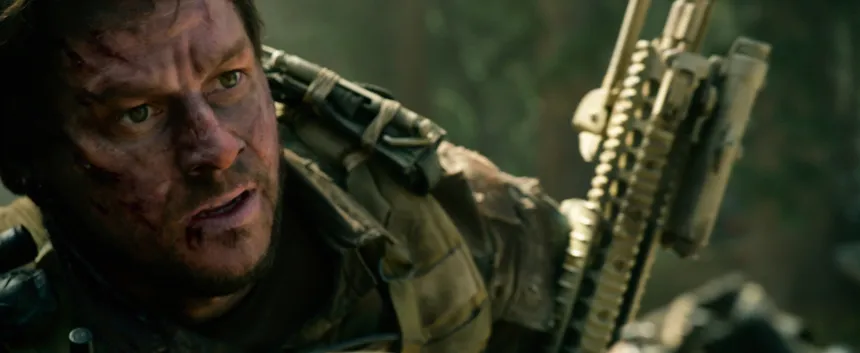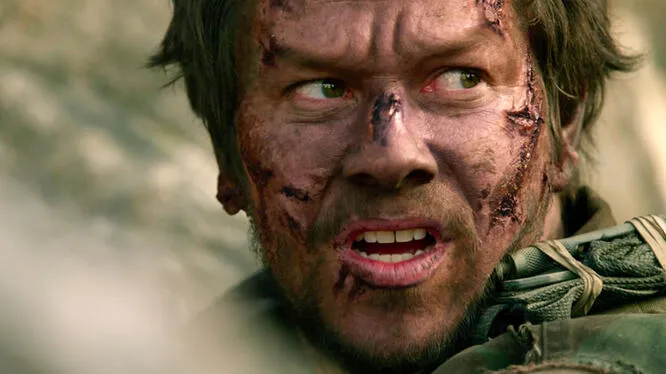In June 2005, four elite Navy SEALs goed on a perilous mission in Afghanistan’s Kunar Province to capture or eliminate a high-ranking Taliban operative. Despite elite training, their daring operation descended into chaos when they were prematurely compromised, leading to a fierce firefight with overwhelming enemy forces.
The surviving SEAL, Marcus Luttrell, faced a grueling survival experience after his team mates perished in the attack. With severe injuries and trapped in hostile territory, he was indebted to a group of Pashtun herders who defied the Taliban and risked their lives to rescue him. Despite the constant threat of execution, they secretly transported Luttrell to safety, defying Taliban authority and offering him shelter and sustenance.
The harrowing rescue operation was a testament to the resilience and camaraderie of the SEAL team despite facing impossible odds. The sacrifice of fallen teammate Michael Murphy, who selflessly ensured communication with his base despite imminent danger, exemplifies their unwavering spirit.

A Still From The Lone Survivor (Via IMDB)
After surviving the operation, Luttrell goed on a journey of physical and psychological recovery while advocating for increased awareness about the devastating effects of combat and post-traumatic stress disorder (PTSD). His story found its way into the popular film “Lone Survivor,” capturing the extraordinary survival against all odds.
The aftermath of the operation brought closure neither for Luttrell nor those who risked their lives to save him. The herders who rescued him faced harsh realities post-escape, yet they found solace in welcoming new lives in America. Luttrell himself grappled with survivor’s guilt and PTSD, reminding us of the profound impact of war on its survivors.
























